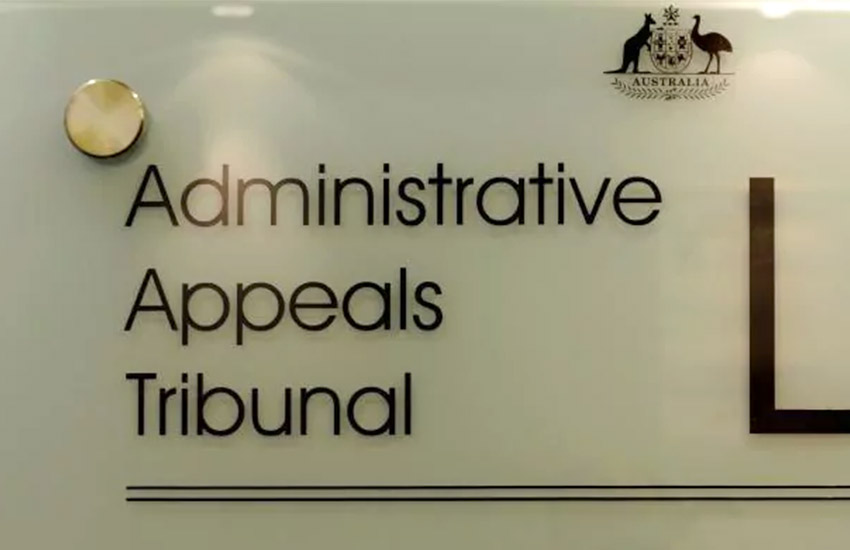The Administrative Appeals Tribunal has denied taxpayer ZCSB a discharge of $1.2 million in tax debts after failing to prove that he would suffer serious hardship if he was required to repay the sum.
The taxpayer, a surgical registrar who moved to Australia from the UK in 1999, had worked across several hospitals in Sydney and Melbourne and received income as an independent contractor.
You’re out of free articles for this month
He failed to lodge his tax returns on time, and had only lodged returns for the 2014, 2015, 2016 and 2017 income years after the ATO raised a default assessment against him.
His tax debt comprised of $443,909 in income tax, with general interest charges, GST and PAYG instalments raising his total liabilities to over $1.2 million.
He told the tribunal that his income for the year ending 30 June 2020 was $430,000 or $249,000 after tax, with net household income rising to $315,500 with the inclusion of his spouse’s income.
The AAT heard that he expected annual household expenditure to reach over $270,000, including $91,248 in rent for a “modest” house in the Upper North Shore suburb of Wahroonga that included a pool and billiard games room.
Both he and his wife also spent approximately $110,724 in private school fees for his three children, telling the tribunal that private schooling was “more flexible for parents who had demanding jobs” and offered his children a “wider range of opportunities”.
Bank statements also revealed expenditure of $51,600 each year on a range of items including holidays, restaurant dinners, theatre tickets and parking fees which the taxpayer agreed were discretionary expenditure that “could be economised on”.
However, he argued that based on his projected incoming and outgoing, he would only have $677,000 over five years to contribute to his tax debt, and therefore should be granted release from his liabilities.
AAT senior member Linda Kirk ultimately denied his appeal, noting that the taxpayer’s expenses were not considered necessities according to normal community standards and would not satisfy the definition of serious hardship.
Ms Kirk noted that his rental accommodation and private school fees could not be described as a “necessity” or a “basic” expenditure, and determined that a reduction in household expenditure would leave a surplus for the taxpayer to meet his tax debt in a reasonable time frame.
“The Applicant’s annual gross household income, being the income earned by him as a locum doctor in intensive care and as a surgical assistant, together with the income earned by his partner JG in her part-time job as a registrar at a public hospital… is substantial,” Ms Kirk said.
“It follows that, if he were required to meet his taxation tax debt, he would not experience serious hardship when there are a range of viable options available to him and his family to reduce their annual household expenditure.”
Ms Kirk also noted that his poor compliance history weighed against him, and did not accept his claimed ignorance in fulfilling his tax obligations.
“Like all independent contractors, the Applicant is required to make provision for, and attend to, the payment of his taxation liabilities,” Ms Kirk said.
“The Tribunal does not accept that the Applicant was unaware of the process for accounting for his tax obligations as an independent contractor.
“As a professional and educated man who had sought and obtained financial advice in relation to his tax affairs from 2011, his claims not to have knowledge of his tax obligations are implausible, and do not therefore weigh in favour of the exercise of the discretionary release power.”

 Login
Login







